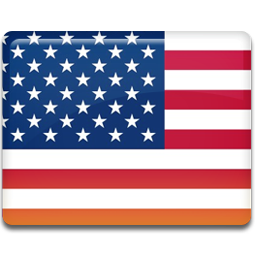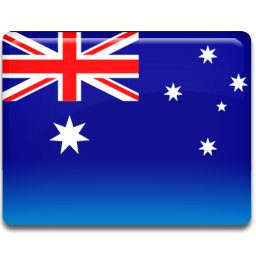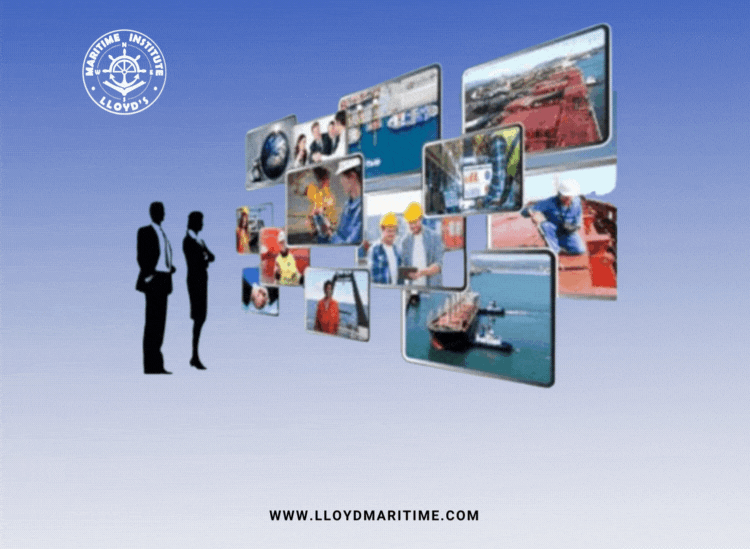Cargo Surveying Training Certificate
Refrigerated & Frozen Cargo Inspection
- Course Program
- Who Should Attend
- Compliance with regulations
- Duration and Teaching Methods
- Course Benefits
- RPL
- Course Content
- Certification
Introduction
Our course is fully covering these areas and more.
Objectives
This course has been designed to provide marine cargo specialists and operations staff with solid marine knowledge required to understand the role of the marine cargo surveyor and the details of the surveys, inspections, claims, and investigations for cargoes and damage to cargoes so they can perform as effective marine cargo surveyors.
Anyone who services the global cargo inspection market and feels they would benefit from a more structured knowledge of the elements of commodities trade and inspections will find the course extremely beneficial.
Minimum Entry Requirements
There are no prerequisites for this Course, however, in order to fully benefit from the training, it is recommended that the participants are either new entrants to the shipping industry or professional staff in shipping companies, ship brokers, port agencies, insurance inspectors, banks and similar service organisations can gain a valuable understanding of their customers roles and responsibilities.The comprehensive documentation that accompanies the course has been designed as a useful guide for future reference.
Who Should Attend
The Maritime field is extremely broad and brings about relationships with a variety of people with varying levels of experience from the many different aspects of shipping therefore this Course is suitable for a broad range of maritime related professionals and regularly attracts ships’ officers and shore-based management staff.But the course is also valuable to Classification Societies, Marine Insurers, P&I Club Managers, Port Authorities and Coast Guard personnel amongst others.
The course is conducted online and provides a wonderful chance to build your international professional network without having to afford any travel expenses. Often more than 10 nationalities participate and are introduced to each other thanks to our education portal features.
- Producers, Traders or Commodities Brokers and Suppliers
- Ship agent, Shipbrokers
- Shipowners, Charterers, Shippers and Maritime Attorneys
- Purchasers and Technical Managers and Superintendents
- Captains, Chief Engineers and Ship Staff
- Insurance Company Underwriters, claims handlers, and members of the legal profession
- Service providers, Surveyors, Inspectors, Analysts, Technical advisers
- Practicing cargo agents, Freight forwarders, Shipping Industry starters, cargo consolidators
- Other professionals.
Mr.
SIDDIG Atif: Marine Surveyor, Sudan.
“I found this training excellent and could
answer all questions asked and delivered the course in an interesting format”
Mr.Wiest
LUIS HERNANDO: Independent surveyor-Colombia.
An
extremely professional set up, a fantastic Institute. Highly recommended. I'll
be back!
Mr.
Pace JESMAR: SGS lead surveyor – Malta.
A true and professional way of teaching in
such a short time.
Course Content
- External condition
of the Reefer container and door seal status examined and damage to container,
if any, noted down;
- From documents the
shipper, requested temp/vent/humidity setting noted and the temperature display
unit of the reefer unit is inspected to record the temp/vent/setting/supply air
set by the carriers in the container;
- On opening the
container the stowage of cargo in the container inspected to see if the stowage
prevents or restricts the air circulation within the container; If any ice
formation visible due to air block;
- The cargo
temperature recorded. Mode of packing and date of pacing noted down and
condition of cargo examined for any exceptions. The affected cargo quantified
and loss assessed;
- Voyage temperature
charts reviewed to confirm the cause of damage.
Copyright © LLOYD'S MARITIME INSTITUTE LLC. All rights reserved.





















